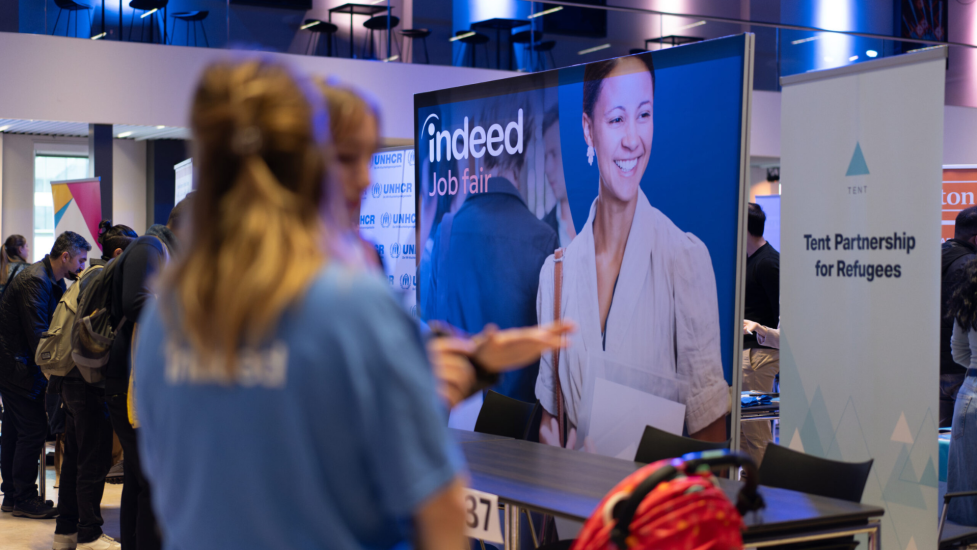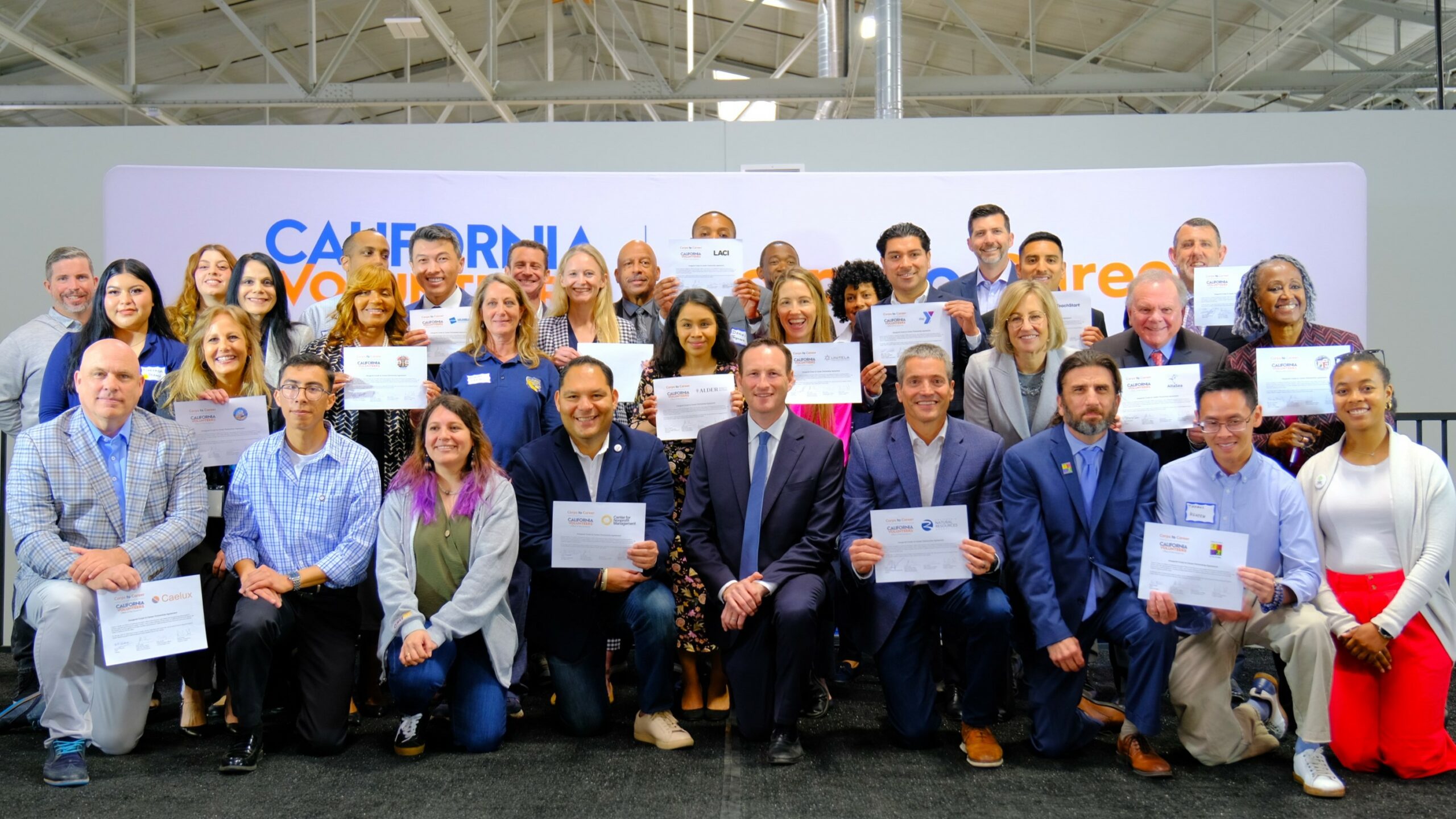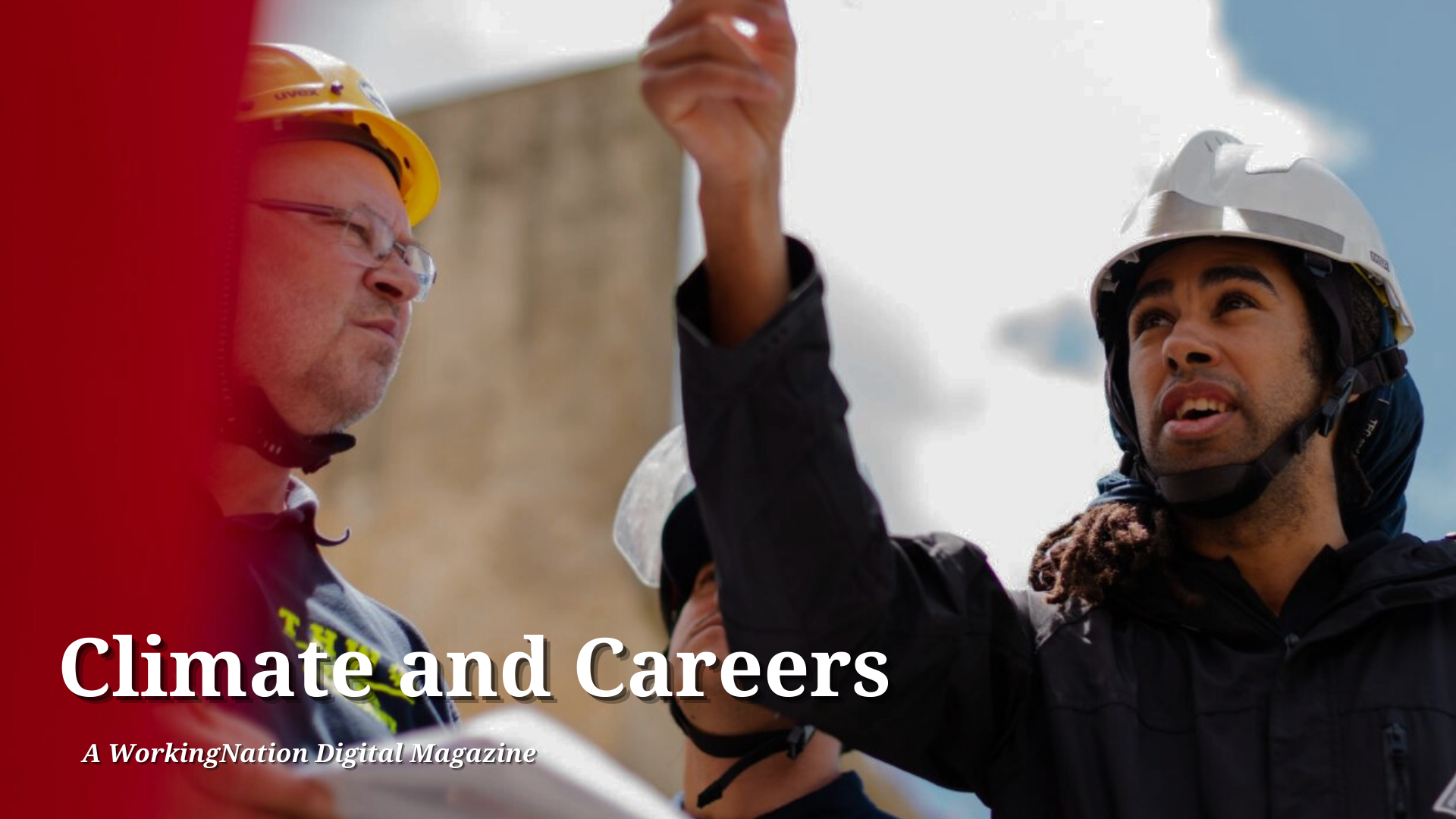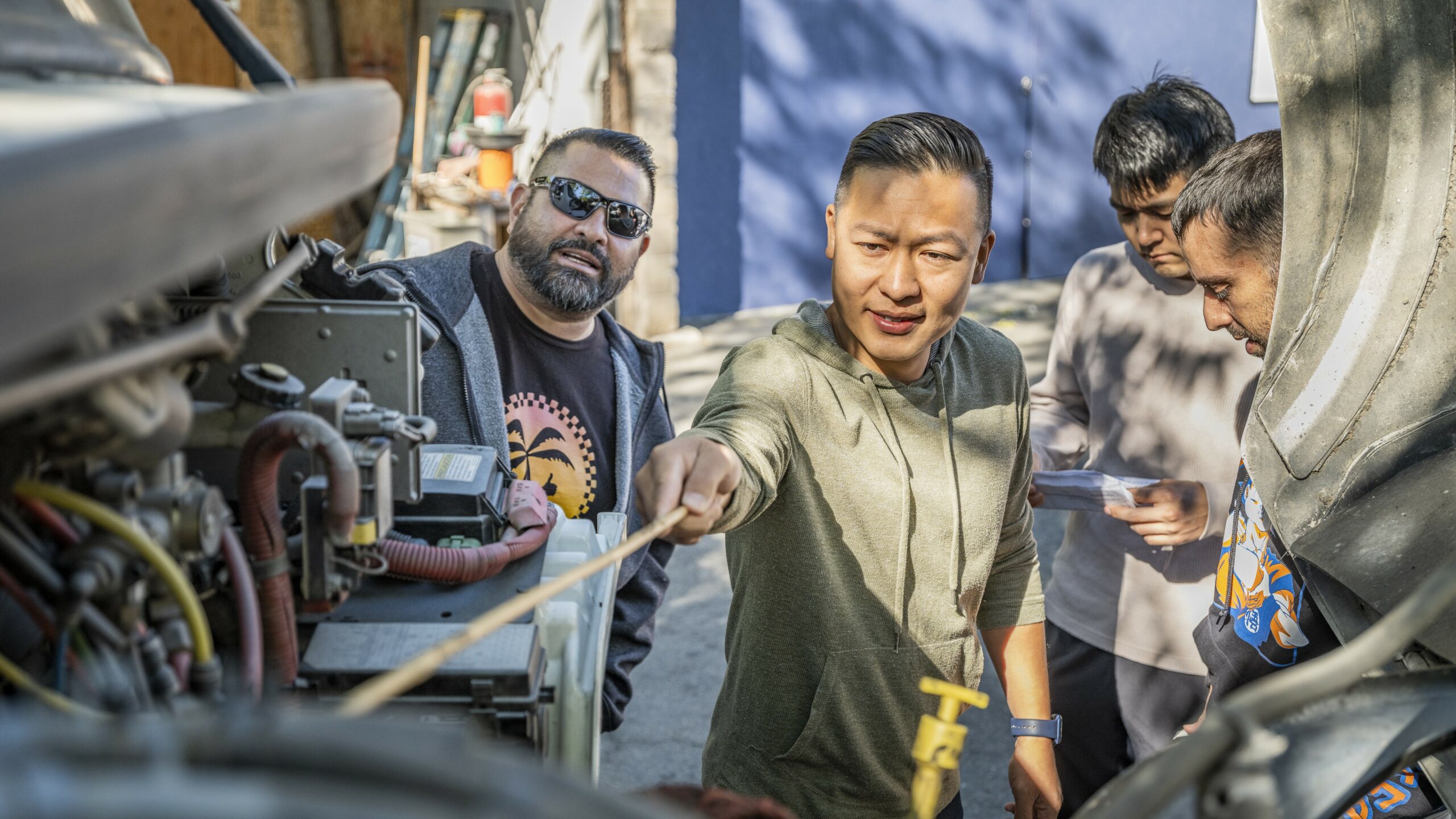Since 2021, 115,000 refugees from Afghanistan have resettled in the U.S. Despite some arriving with strong professional backgrounds, many of the refugees have faced serious barriers to employment, notes Yaron Schwartz, director for the U.S., Tent Partnership for Refugees.
Tent is the foundation of Hamdi Ulukaya, the founder and CEO of Chobani. Schwartz explains, “Hamdi started Tent in 2016 with this mission of mobilizing this community to connect refugees to work worldwide. He started it with the same ethos of Chobani – scrappy, hardworking, and very much focused on accomplishing our mission.”
The Problem of Underemployment
More than 80% of working-age Afghans are now employed or self-employed in the U.S. with the support of refugee resettlement agencies and other community and faith-based organizations, notes an October 2023 survey by the U.S. government’s Office of Refugee Resettlement (ORR),
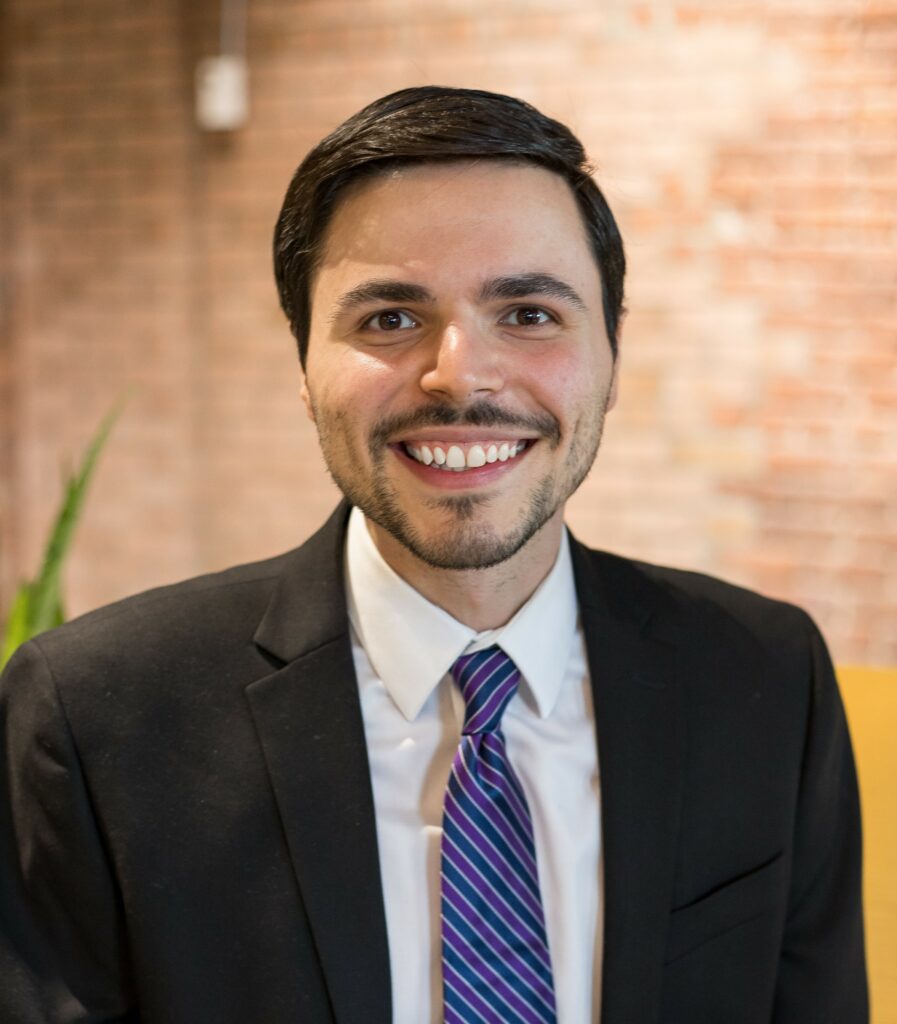
But Schwartz adds, “There are tens of thousands of Afghan refugees in the United States who need additional professional development support, who are looking for either that first job if they’re new to the country or looking for that next job where they’re hoping to advance professionally in the United States.”
An ORR survey in June 2022, found a third of working Afghans in the U.S. indicated their skills are higher than what their current job requires.
Mentorship Provides Support to Resettled Afghans
Tent initiatives include a number of mentorship programs – with particular focus on LGBTQ, women, Hispanic, and Afghan refugee populations.
Schwartz explains, “We launched the [Afghan refugee] program in March 2023, so it’s still relatively new. Since the program launched, we’ve had over 330 mentees get paired with veteran mentors at companies. Our goal is to have 1,500 Afghan mentees supported over a three-year period. We already have 19 companies who’ve committed to mentoring 950.”
“The only way that we, as an organization, are going to be able to accomplish supporting Afghans at scale is through partnership. We partner very closely with other organizations like the Afghan-American Foundation and Hiring Our Heroes to accomplish ambitious goals,” explains Schwartz.
Additionally, Tent coordinates with 10 national refugee settlement agencies to help recruit mentees for the mentorship program.
“We’re really thinking in terms of the focus of this program. It’s on mid-to-high-skilled Afghans. We’re looking to find roles that are commensurate with their skills and experiences. We view Tent’s mentorship program as an accelerator to help them advance in their career.
“Over 80% of the people in the program self-report that they, at least, have a postsecondary degree. And 30% within that of the general population have a master’s. Around two-thirds of the population are men and a third identify as women.
“We see that they’re coming from a real range of sectors – tech, government, HR, consulting, transportation, telecommunications – much of which is based off of what their professional experience was in Afghanistan and their desire to continue working in this sector moving forward. And many are reporting that they had extensive experience working for U.S. military or diplomatic operations in Afghanistan.”
The typical mentoring period is six months. Schwartz says, “Mentors and mentees are expected to meet at least six times and to focus on a number of sessions. We provide companies and the mentors with the curriculum that they should be following in those six sessions. We fully expect while the formal mentorship program ends at a six-month mark, many mentors and mentees will stay in touch after that.”
‘Tremendous interest from veteran employees’
Schwartz says active employers include “anything from American Airlines to Cisco to Google to Hilton.”
Regarding recruitment of mentors at the participating companies, he says, “We’re working closely with veteran employee resource groups. There is tremendous interest from veteran employees. We asked companies to commit to mentoring 50 Afghan refugees over a three-year period. And we have so many wonderful examples of companies recruiting so many more mentors than that just in the first year.
“Many veterans served in Afghanistan and were working day in and day out with Afghan allies who served as interpreters, translators, and drivers. They are very eager to ensure that Afghans have a positive experience integrating into the US workforce.”
Not at all surprising, among the companies committed to the mentorship initiative – Chobani. Founder and CEO Ulukaya has made helping people and having a positive impact on communities a priority for the company.
Ashtyn Duddleston – based in Wisconsin – is a retail sales and execution analyst at Chobani. She joined the U.S. Army in 2007 after high school. “I was an all-source intelligence analyst – stationed in Seoul in South Korea.”
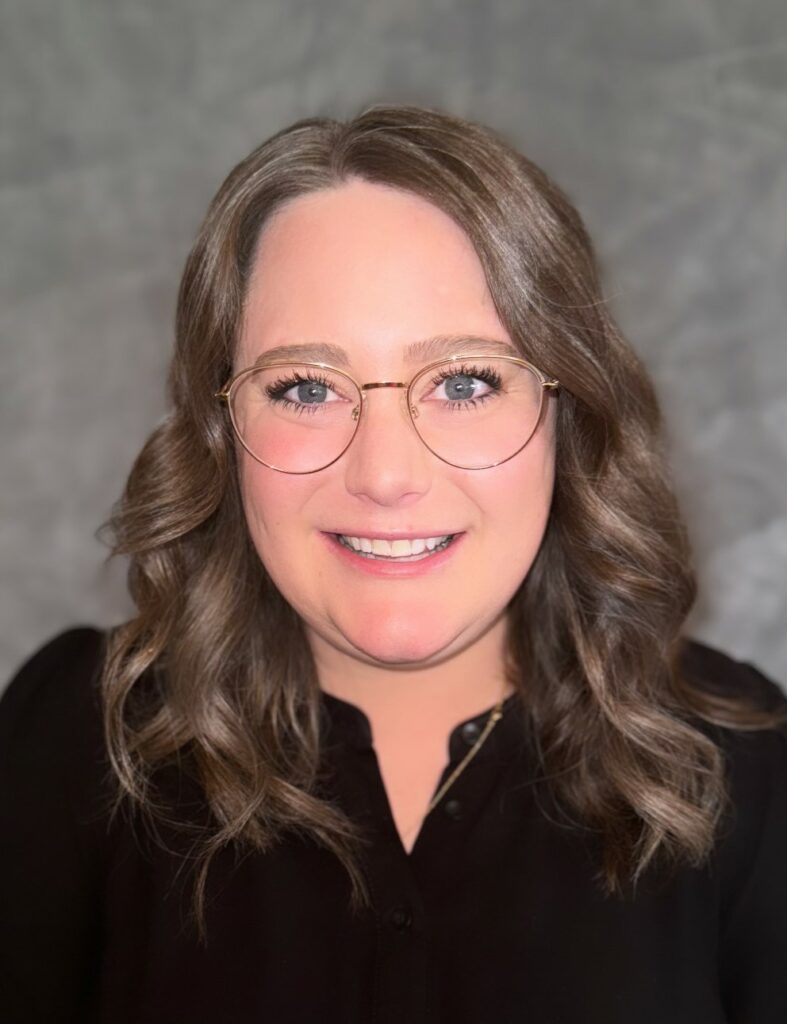
Regarding her completion of service, Duddleston says, “I feel like I acquired some transferable skills [in the military], but for me personally, the part of the transition that I think was a little bit harder was just around some of the lifestyle things.
“What I mean by that is – in the military, it’s very we-focused. You have to work together as a team. You have a community. You’re all living together. The general workforce in America can be a little more I-focused.”
She adds, “People in the military tend to follow a more non-traditional life path. For me, I did get my bachelor’s degree, but I didn’t go back to school until my late twenties.”
‘I am so interested in this’
Duddleston – who has worked at Chobani for more than three years – says, “When we got contacted about mentoring a certain number of refugees, I immediately was, ‘Yes, I am so interested in this. This is something that I know about. I know about these people. I have experience and if anything I can do is going to offer something positive here, I want to do that.’”
Naser – WorkingNation is only using his first name – is Duddleston’s mentee. He moved to the U.S. in January 2023 and is currently focusing on political studies at Bard College. Previously, he was a student at the American University of Afghanistan.
She says, “My mentee is in his last year of school, so he’s looking for internships. One thing that we were discussing was him not feeling overqualified for an internship as an adult who came back to school –navigating a lot of those interesting things as a non-traditional student.”
He shares the impact of his mentorship opportunity, “The mentorship has been incredibly valuable. It has broadened my understanding of job opportunities and the application process, aiding significantly in my job search, and in securing employment.”
He notes the lack of in-person job opportunities near him, but says, “I’ve received valuable guidance on searching for job opportunities across various platforms, along with tips for enhancing my resume and cover letter. Additionally, I’ve received invaluable advice on enhancing my skills and concentrating on job opportunities that genuinely align with my interests.”
Naser’s goal is to work as a data analyst.
Duddleston says, “As a mentor, what I may be taking away from it? It’s this opportunity for me to learn about these really wonderful, unique individuals that have gone through things that I haven’t gone through.
“I have this information that can help me ask better questions or be more empathetic or be more understanding. My ultimate hope is that I could be a touchpoint for him on his journey – that would help narrow things down or just help give him feedback that would be beneficial.”
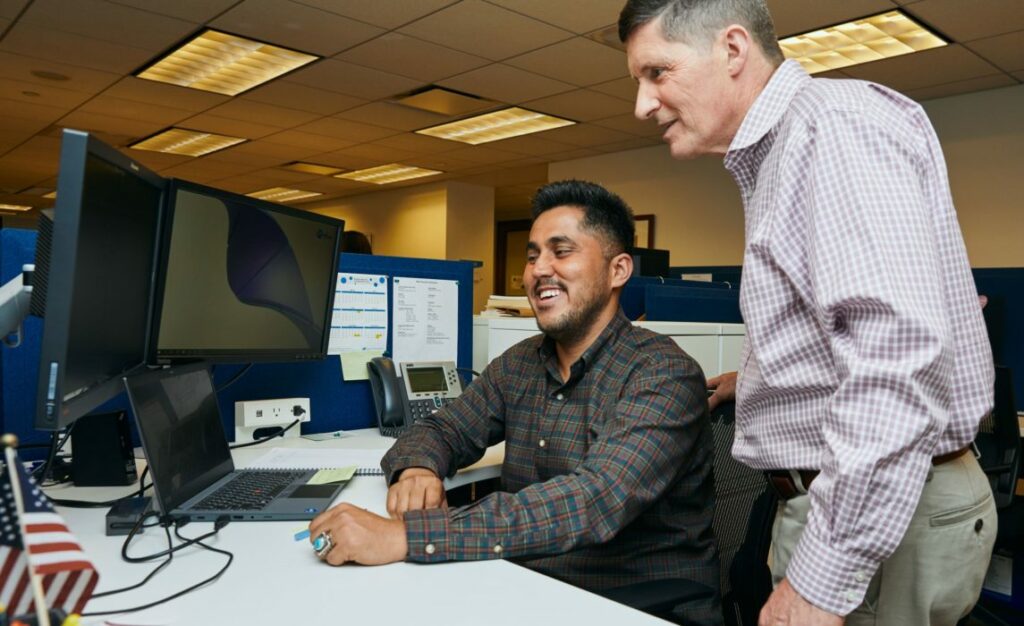
‘I feel better equipped to secure employment’
Duddleston says, “I truly can’t fathom what experience this population is having. I have not had had this living experience. So I hope that when we get done with this, he knows that he does have a professional contact that is willing to review a resume or look over a cover letter or connect on somebody with this because we all need that in any business setting.”
Naser says, “Thanks to the mentorship program, I feel better equipped to secure employment in the U.S. workforce.”
Schwartz of Tent sums it up, saying, “I think part of the story is that Chobani has hired hundreds of refugees as employees. It was really because Hamdi saw the contributions of refugee employees in his own business.
“He really wanted other businesses to step up on this issue, as well, to think about how they could similarly benefit from this incredible talent pool. Many of the companies who are participating in this mentorship program are also actively hiring refugees, too. We really view mentorship and hiring as being powerful complements to one another – really helping people advance professionally in the United States.”

